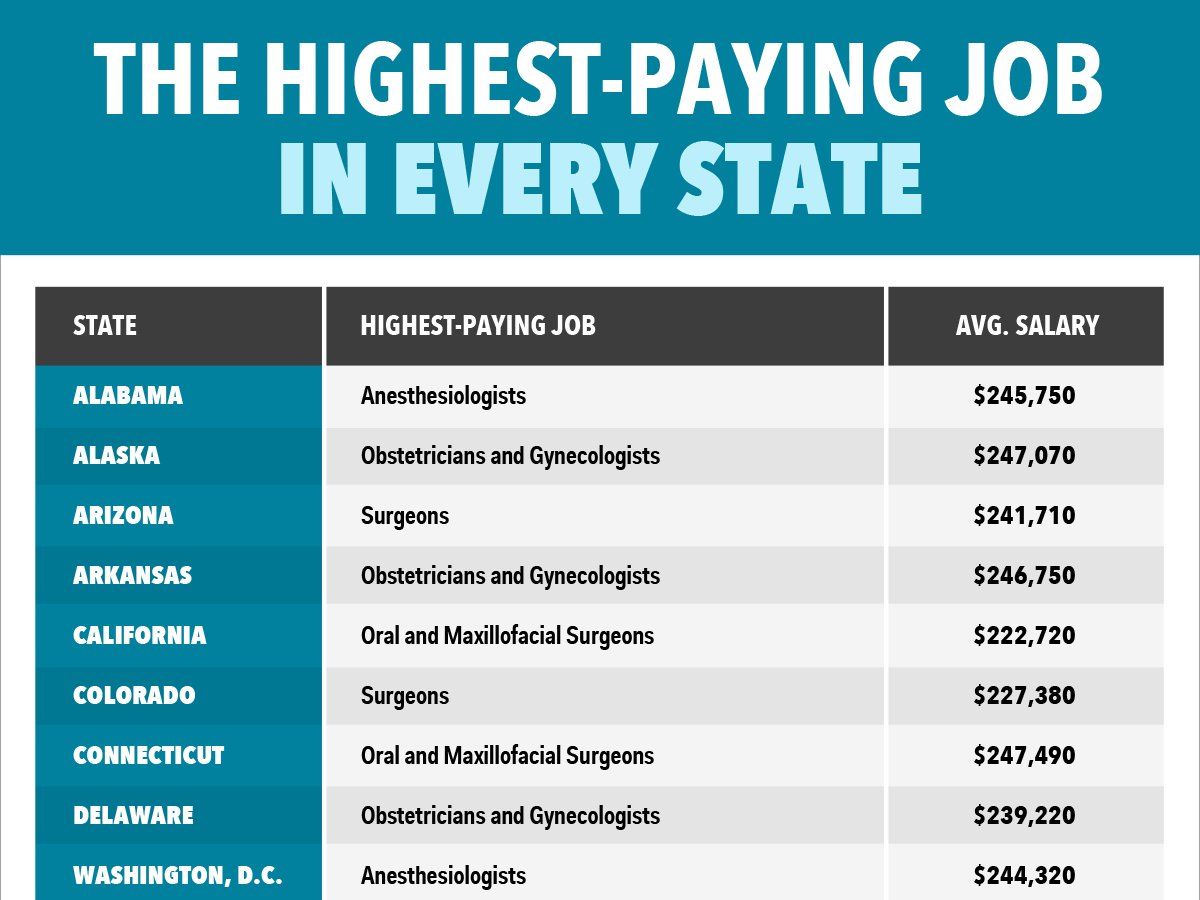Are you an aspiring educational leader looking to take your career to the next level? Whether you’re a teacher looking to become a principal or a principal looking to become a superintendent, there are several key strategies you can use to advance your career in educational leadership. In this article, we’ll explore some of the best practices for climbing the career ladder in the field of education.
1. Set clear goals
The first step towards advancing your career in educational leadership is to set clear and achievable goals. Take some time to think about where you want to be in 5, 10, and 15 years, and what steps you need to take to get there. Do you want to become a principal, a superintendent, or even a dean of a college or university? Having a clear vision of your ultimate career goals will help you stay focused and motivated as you work towards them.
2. Develop your leadership skills
Leadership skills are essential for anyone looking to advance in the field of educational leadership. Take advantage of opportunities to develop your leadership skills, such as enrolling in leadership training programs, attending conferences, and seeking out mentorship from experienced leaders in the field. Effective communication, problem-solving, and decision-making are just a few of the key skills that will help you succeed as an educational leader.
3. Continue your education
Continuing your education is another important step towards advancing your career in educational leadership. Consider pursuing a master’s or doctoral degree in educational leadership or a related field to enhance your knowledge and skills. Many educational leadership positions require advanced degrees, so investing in your education can open up new opportunities for career advancement.
4. Build a strong professional network
Networking is crucial for advancing your career in educational leadership. Build relationships with other professionals in the field, such as teachers, administrators, and policymakers, through conferences, professional organizations, and social media. Networking can help you stay informed about job opportunities, trends in the field, and best practices in educational leadership.
5. Seek out leadership opportunities
Take on leadership roles within your current organization or community to gain valuable experience and demonstrate your leadership abilities. This could include serving on committees, leading professional development workshops, or taking on additional responsibilities. Taking initiative and showing a willingness to lead will help you stand out as a potential candidate for higher-level leadership positions.
6. Stay current with trends in education
As an educational leader, it’s important to stay informed about current trends and issues in education. Take advantage of professional development opportunities, such as attending conferences and workshops, to stay up-to-date on best practices and innovative approaches to leadership. Being well-informed about the latest developments in education will help you make informed decisions and lead your organization effectively.
7. Seek feedback and mentorship
Seek feedback from colleagues, supervisors, and mentors to help you identify areas for improvement and professional growth. A mentor can provide valuable guidance and support as you navigate your career path in educational leadership. Don’t be afraid to ask for feedback and advice from others, as their insights can help you become a better leader and advance your career.
By setting clear goals, developing your leadership skills, continuing your education, building a strong professional network, seeking out leadership opportunities, staying current with trends in education, and seeking feedback and mentorship, you can advance your career in educational leadership and achieve your professional goals. With dedication, hard work, and a commitment to continuous learning and growth, you can climb the career ladder and make a positive impact on the field of education.




